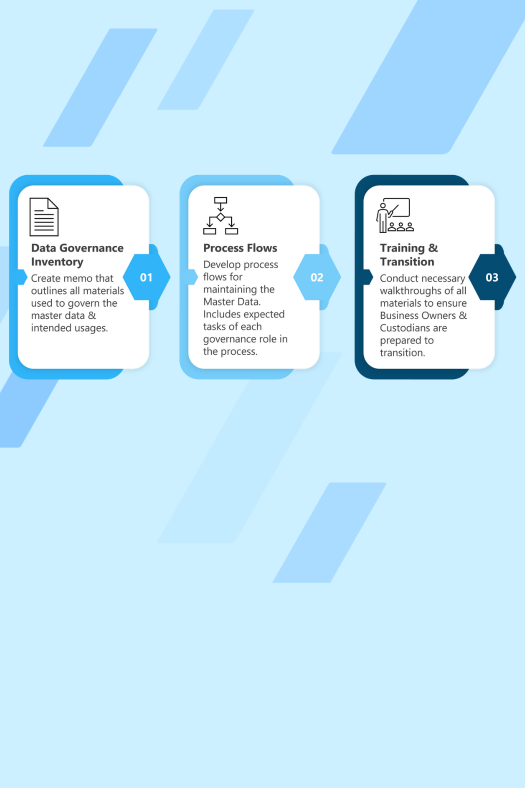Authored by Andrew Thompson, CFP® | Director, SC&H Wealth
Passed back in December 2017, the Tax Cuts and Jobs Act (TCJA) introduced big changes on the federal estate tax side – particularly by increasing the amount of the estate-tax exclusion.
Since its inception, we have seen a major impact on individuals:
- Income taxes were streamlined for as many as 28.5 million filers
- As much as $5.4 billion has been saved on the compliance side
- Significant changes to the federal estate tax exclusion amount – for 2024, this exclusion jumped to $12.92 million for individuals and $25.84 million for a married couple filing jointly
These elevated exclusions effectively allowed a person to transfer significant wealth without incurring federal estate taxes.
But now the TCJA is entering its final stretch. Unless Congress extends or modifies the TCJA provisions – including the boosted estate tax exclusions – they will expire on December 31, 2025. That expiration will bring new rules that could spark big estate-planning changes.
To prepare you for what the end of the TCJA will mean, we outlined strategies that will help keep your estate tax burden as low as possible.
What the TCJA Expiration Will Mean for Individuals
On January 1, 2026, the estate tax laws will revert to their pre-TCJA days with a slight adjustment for inflation. Barring congressional action, we expect the new estate tax exclusion to come in at about $6.8 million for a single person and $13.6 million for a married couple.
The upshot: a big jump in estate taxes for estates exceeding those thresholds, and the realizations that you may need to rethink your estate planning game plan.
Even though this is a year away—and there’s still a chance that Congress intervenes—the complexity involved with the estates we’re talking about warrants advance planning. In fact, there are four moves you can make today that will put you in a good place no matter what happens down the road.
1. Use the Increased Annual Gift Tax Exclusion Amount
One of the most straightforward strategies is to fully take advantage of the still-elevated gift tax exclusion amounts before they end. You can transfer assets to heirs or trusts – up to the exclusion limit – without incurring federal estate taxes. For married folks, you can transfer up to $36,000 to any individual without impacting your lifetime giving exclusion amount.
If you make those gifts now, they’ll be sheltered from estate taxes under the current, still-higher exemption. And if those gifts appreciate in value, that increase will not be subject to future estate taxes.
In most cases, when making gifts to family members, cash is the most appropriate asset to give, as opposed to appreciated assets such as stock. Your basis in appreciated assets carries over to the recipient. On the other hand, if you continue to hold those same appreciated assets, your heirs will receive a “step-up” in basis to the fair market value on the date of your death. This means – in most circumstances – your heirs may then sell the assets and reduce or possibly forgo any capital gains or other income tax.
2. Set Up an Irrevocable Trust
Establishing and funding an irrevocable trust may be a good option. Here are three formats to consider:
- Grantor Retained Annuity Trust (GRAT): A GRAT can be great because you can transfer assets to a trust – while retaining the right to receive annuity payments for a specified term. If the assets appreciate at a rate that exceeds the IRS-assumed rate, that excess appreciation passes to beneficiaries free of additional gift tax. This strategy can be effective if executed before TCJA sunsets.
- Spousal Lifetime Access Trust (SLAT): With a SLAT, one spouse can create an irrevocable trust – name the other spouse as a beneficiary – and transfer assets into it. This strategy removes the assets from the “grantor’s” estate, while letting the spouse beneficiary benefit from the trust. Given the looming potential exclusion decreases, now is an ideal time to establish a SLAT – to reduce the taxable estate and provide benefits to your spouse.
- Charitable Trusts: By incorporating charitable giving into your estate planning, you can reap tax benefits while also achieving philanthropic goals. Strategies like the Charitable Remainder Trust (CRT) or a Charitable Lead Trust (CLT) can reduce the size of your taxable estate while supporting causes you care about. Donating now leverages the current exclusion amounts – which maximizes the impact and the benefit.
3. Maximize 529 College Savings Plan Contributions
For those of you with children or grandchildren, consider maximizing annual contributions to a 529 College Savings Plan. One little-known accelerated gifting strategy, called “super funding”, allows the donor to give five years’ worth of the exclusion amount or $90,000 ($180,000 if married) in one year. There are numerous other benefits to setting up a 529 College Savings Plan:
- Money accrues tax-deferred and earnings are tax-free when used for qualified education expenses
- Some states, such as Maryland, Virginia, and Pennsylvania offer state income tax deductions on contributions
- Up to $35,000 from the 529 account may be converted to a Roth IRA for the beneficiary when certain conditions are met
- Up to $10,000 each year may be used for secondary school tuition per beneficiary
4. Review and Update Your Estate Plan
Early action is a sound strategy. With the change more than a year away, now is the time to review your estate plan. This should include reviewing your will, trusts, and beneficiary designations to ensure they reflect your current wishes, goals, and potential tax-law changes.
Bringing a qualified wealth advisor and an experienced estate-planning attorney into the process is essential. This leads to an estate plan that is effective, compliant with today’s laws, and anticipates expected near-term changes.
Plan for the Future with SC&H Wealth
Creating wealth isn’t just about the investments you make. It’s also about keeping what you earn. That involves goal setting, consistent reviews, and anticipating and responding to change.
We don’t often get a warning when the financial landscape is about to change. And rarely a warning more than a year out.
You’re getting that here, as individuals have a rare opportunity to effectively plan and benefit from the more advantageous rules in effect right now and to be ready for what comes next. SC&H Wealth is here to help you take advantage of this advance notice; reach out to our team today.
Advisory services offered through SC&H Wealth, the doing business as name of SC&H Financial Advisors, Inc. SC&H also offers advisory services through the doing business as name of SC&H Core. SC&H Financial Advisors, Inc. is a wholly owned subsidiary of SC&H Group, Inc.
These materials have been prepared by SC&H Wealth for informational purposes and does not constitute or form part of, and should not be construed as, an offer to sell or issue, a solicitation of any offer to buy, or a recommendation with respect to, any securities and should not be relied upon as investment advice. The views expressed are subject to change. Information contained herein has been obtained from sources considered reliable, but its accuracy and completeness are not guaranteed. Past performance is no guarantee of future results.
This communication is not intended to provide tax, legal, insurance or other professional advice. It is not intended as the primary basis for financial planning or investment decisions and should not be construed as advice meeting the particular investment needs of any investor. Any action taken based on information in this communication should be taken only after a detailed review of the specific facts, circumstances of your individual situation and current law. Please contact your advisor for further guidance.




